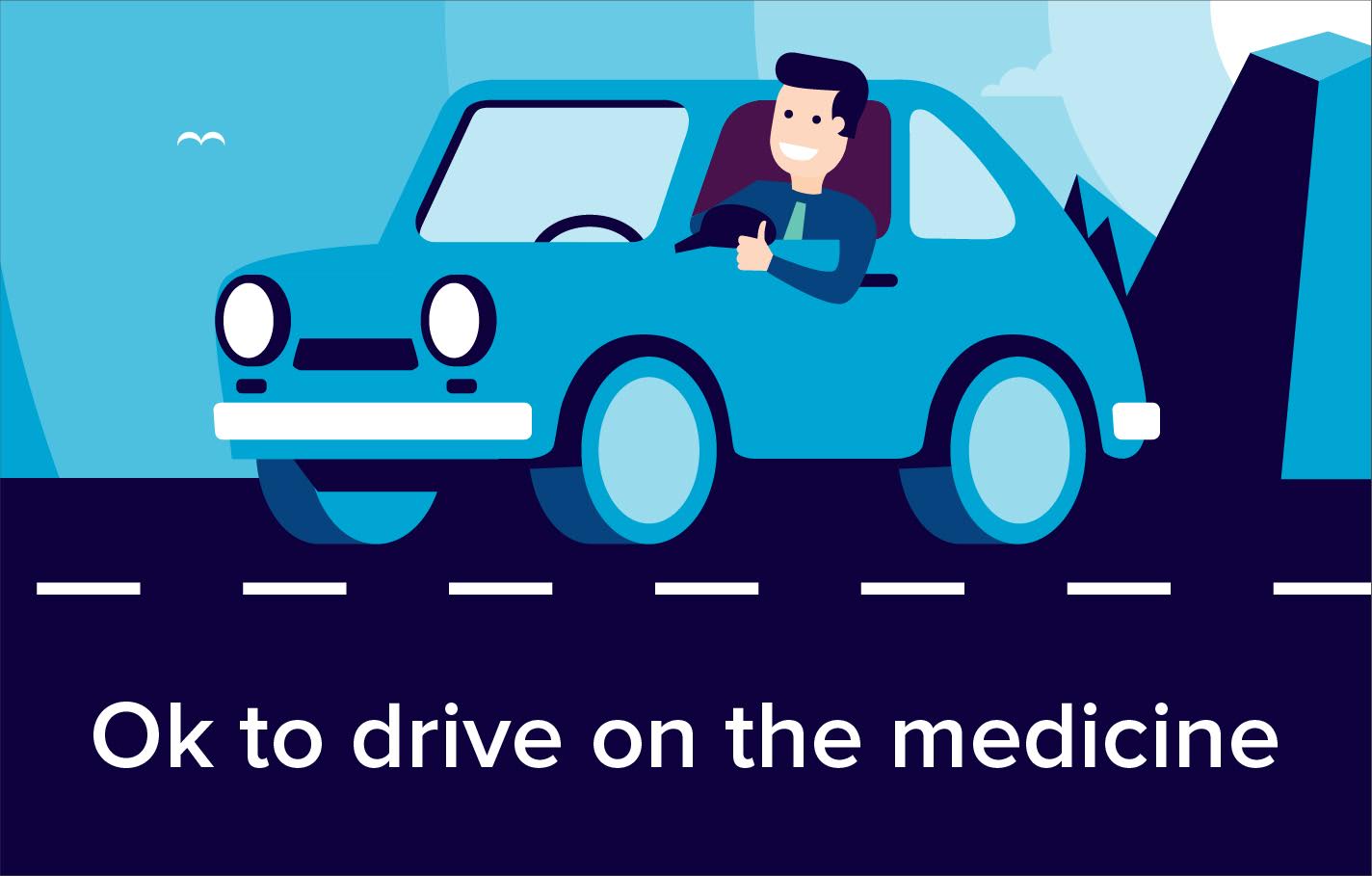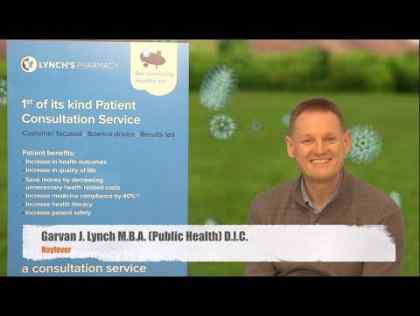Telfast 180mg tablets contain the active ingredient fexofenadine, which is an antihistamine medicine. Fexofenadine tablets are also available without a brand name, ie as the generic medicine.

What is Telfast used for?
- Relieving the symptoms of chronic nettle rash with no known cause (chronic idiopathic urticaria) in adults and adolescents aged 12 years and over.
How does fexofenadine work?
- Fexofenadine is a type of medicine called a non-sedating antihistamine. It works by preventing the actions of histamine.
- Histamine is a substance produced by the body as part of its defence mechanisms. It is stored in cells called mast cells, in almost all tissues of the body. When the body reacts to a foreign substance (known as an allergen, eg flower pollen), the mast cells stimulated by the allergen release their stores of histamine.
- The released histamine then binds to its receptors (H1 receptors), causing a chain reaction that results in allergic symptoms.
How do I take Telfast?
- Adults and adolescents aged 12 years and over should take one Telfast 180mg tablet once a day. Continue taking the tablets for as long as directed by your doctor.
- Telfast tablets should be swallowed with a drink of water. They should be taken before a meal.
- If you forget to take a dose don't worry, just leave out the forgotten dose and take your next dose as usual. Do not take a double dose to make up for a missed dose.
Who should not take Telfast?
- Children under 12 years of age.
- Women who are breastfeeding.
This medicine should not be used if you are allergic to any of its ingredients. Please inform your doctor or pharmacist if you have previously experienced such an allergy.
If you feel you have experienced an allergic reaction, stop using this medicine and inform your doctor or pharmacist immediately.
Telfast 180mg should be used with caution in
- Elderly people.
- People with decreased kidney or liver function.
- People with a history of heart disease.
Can I take Telfast while pregnant or breastfeeding?
Certain medicines should not be used during pregnancy or breastfeeding. However, other medicines may be safely used in pregnancy or breastfeeding providing the benefits to the mother outweigh the risks to the unborn baby. Always inform your doctor if you are pregnant or planning a pregnancy, before using any medicine.
- The safety of fexofenadine during pregnancy has not been established. It should not be used by pregnant women unless considered essential by your doctor, and only if the benefits to the mother outweigh any risks to the unborn child. Seek further advice from your doctor.
- This medicine may pass into breast milk. It is not recommended for use by breastfeeding mothers.
What are the possible side effects of Telfast?
Medicines and their possible side effects can affect individual people in different ways. The following are some of the side effects that are known to be associated with this medicine. Just because a side effect is stated here does not mean that all people using this medicine will experience that or any side effect.
Common (affect between 1 in 10 and 1 in 100 people)
- Headache.
- Drowsiness.
- Dizziness.
- Nausea.
Uncommon (affect between 1 in 100 and 1 in 1000 people)
- Fatigue.
Frequency unknown
- Difficulty sleeping (insomnia).
- Sleep disturbances such as nightmares.
- Nervousness.
- Awareness of your heartbeat (palpitations).
- Increased heart rate (tachycardia).
- Diarrhoea.
- Skin reactions such as rash and itching.
- Allergic reactions to the medicine, which may cause swelling of the face, lips, tongue or throat, difficulty breathing, chest tightness or flushing.
Talk to your doctor, nurse or pharmacist if you want any more information about the possible side effects of this medicine.
Can I take fexofenadine with other medicines?
- You should tell your doctor or pharmacist what medicines you are already taking, including those bought without a prescription and herbal medicines, before you start treatment with this medicine. Similarly, check with your doctor or pharmacist before taking any new medicines while taking this one, to make sure that the combination is safe.
- You should leave two hours between taking fexofenadine and taking indigestion remedies (antacids) that contain aluminium or magnesium. This is because these types of antacids may decrease the absorption of fexofenadine from the gut and therefore make it less effective.
- Antihistamines may oppose the effect of histamine (used to treat leukaemia) and are not recommended for people having this treatment.
- Antihistamines may also oppose the effect of betahistine (used to treat Ménière's disease).
References:
http://www.medicines.org.uk/emc/medicine/6696/PIL/Telfast+120mg+film-coated+tablets
http://www.news-medical.net/drugs/Telfast.aspx
http://www.netdoctor.co.uk/medicines/allergy-and-asthma/a7627/telfast-180mg-fexofenadine/
http://patient.info/medicine/fexofenadine-tablets-telfast
https://www.drugs.com/uk/telfast-120mg-tablets-leaflet.html


